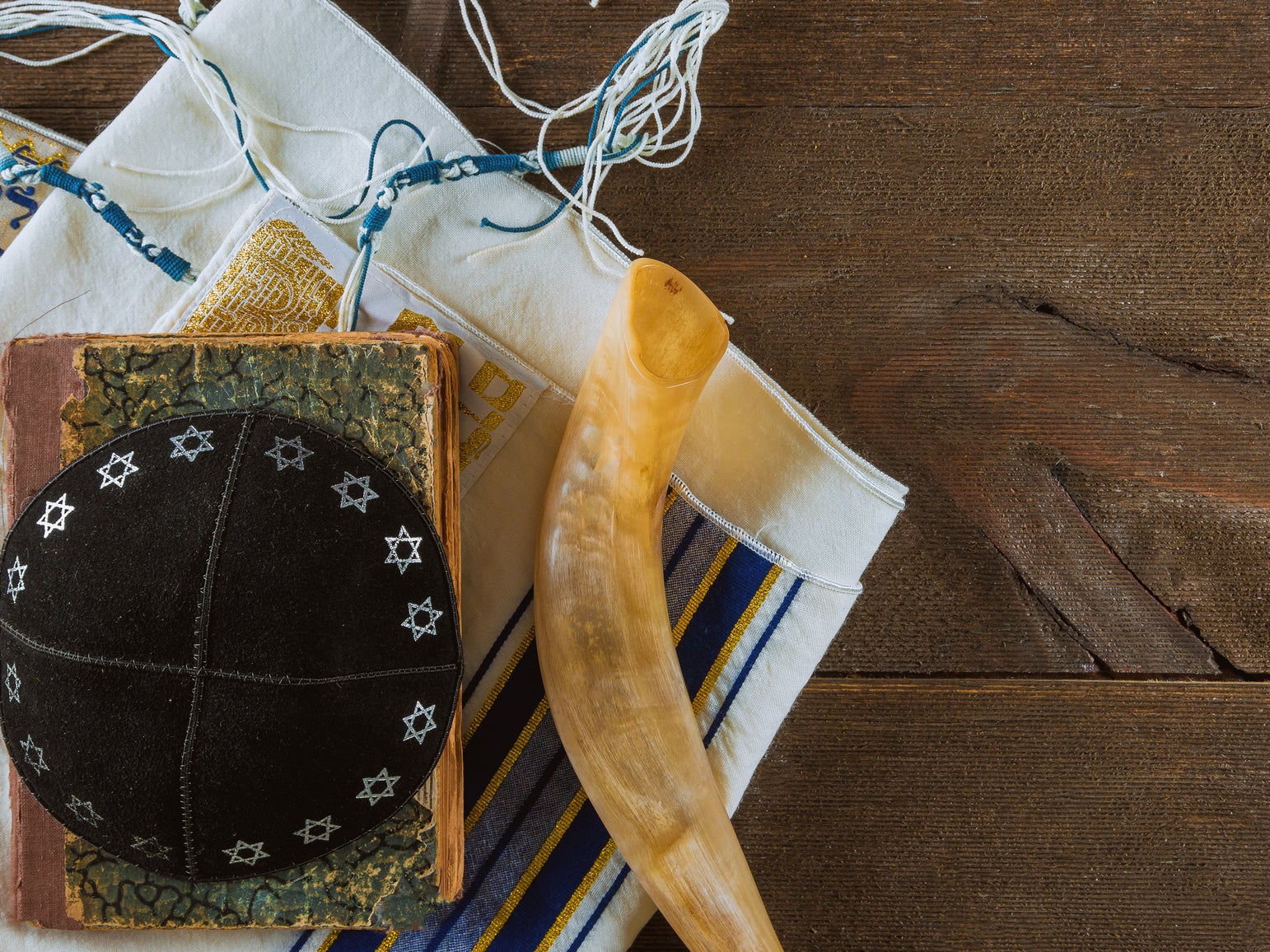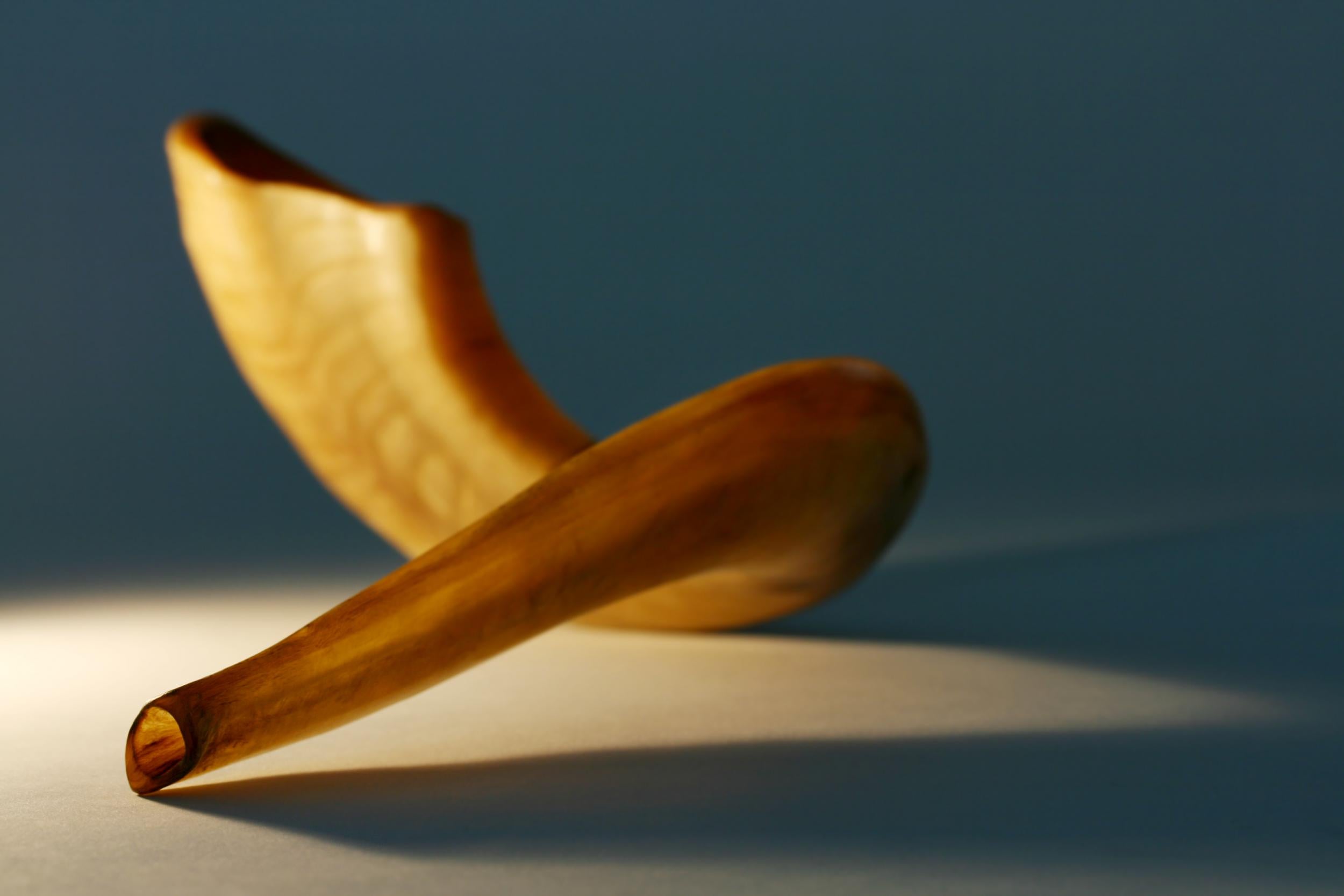Yom Kippur 2021: When is the holy Jewish festival and what is its significance?
The festival is regarded by Jewish people as the holiest day of the year

Your support helps us to tell the story
From reproductive rights to climate change to Big Tech, The Independent is on the ground when the story is developing. Whether it's investigating the financials of Elon Musk's pro-Trump PAC or producing our latest documentary, 'The A Word', which shines a light on the American women fighting for reproductive rights, we know how important it is to parse out the facts from the messaging.
At such a critical moment in US history, we need reporters on the ground. Your donation allows us to keep sending journalists to speak to both sides of the story.
The Independent is trusted by Americans across the entire political spectrum. And unlike many other quality news outlets, we choose not to lock Americans out of our reporting and analysis with paywalls. We believe quality journalism should be available to everyone, paid for by those who can afford it.
Your support makes all the difference.The Jewish festival of Yom Kippur is perceived as the holiest day of the year in Judaism.
Taking place just over a week after the Jewish New Year, the festival is commemorated with a day-long fast.
The aim of the fast is to encourage Jewish people to reflect on their past year, repent for any wrongdoings and wish for a happy and healthy year ahead.
Here is everything you need to know about Yom Kippur:
When is it?
This year, Yom Kippur starts during the evening of Wednesday 15 September and ends during the evening of Thursday 16 September.
The fast, which is observed for approximately 25 hours, starts at 7.01pm and ends at 8pm the following day.
On the Jewish lunisolar calendar, Yom Kippur begins on the ninth day of the month of Tishrei and ends on the tenth day.
Tishrei is the first month of the civil year and the seventh month of the ecclesiastical year, according to the Jewish calendar.
It occurs at the end of the "10 Days of Repentance", a period that begins with the celebration of the Jewish New Year, Rosh Hashanah.
What is its significance?
In Hebrew, "Yom" means "day" and "Kippur" means "to atone", which is why the observance is often referred to as the "Day of Atonement".
The day of repentance is marked with an annual fast, which commences and ends with a feast.
"Fasting is an opportunity for each of us to observe Yom Kippur in a most personal way," states Jewish education site My Jewish Learning.

"Fasting on Yom Kippur provides the key to our inner awakening."
According to Jewish belief, on Rosh Hashanah, Hashem (God) writes every person's name into special books, the "righteous" being written into the Book of Life and the "evil" being written into the Book of Death.
It is believed the names are written into the books on a temporary basis, with God giving his final judgement on Yom Kippur.
"In actuality, the vast majority of us are neither totally good or bad. We're more like 50/50, so we have a few more days until Yom Kippur to tip the scales," states a rabbi for Jewish organisation Aish.
How is it commemorated?
On Yom Kippur, Jewish people go to synagogue to hear and partake in prayer services.
The beginning of Yom Kippur is marked with the recital of a prayer service called Kol Nidre, which takes place at sundown on the eve of the festival.
"Ironically, it is not really a prayer at all, but rather a statement. A statement that deals with promises, vows and other sorts of verbal commitments commonly made in the course of the year," Orthodox Jewish organisation Chabad states.
On a typical day at synagogue, three prayer services are held.
However, on the Day of Atonement, an additional two prayer services are recited.
During the services, special passages are read from the Torah and "Vidui" – confessions – are chanted.
A special memorial prayer called "Yizkor" is also recited in synagogue on Yom Kippur.
The prayer is observed in memory of relatives and friends who have passed away.
When Jewish people go to synagogue on the day of the observance, it is customary to wear white, as a symbol of atonement and purity.
Those who are devout may also refrain from partaking in activities such as using electricity, driving, washing or wearing leather.
The end of the fast is marked by the blowing of the shofar, an ancient musical instrument typically made from a ram's horn.
The shofar is also blown on Rosh Hashanah and on every morning of the month of Elul, which precedes the Jewish New Year.


Join our commenting forum
Join thought-provoking conversations, follow other Independent readers and see their replies
Comments